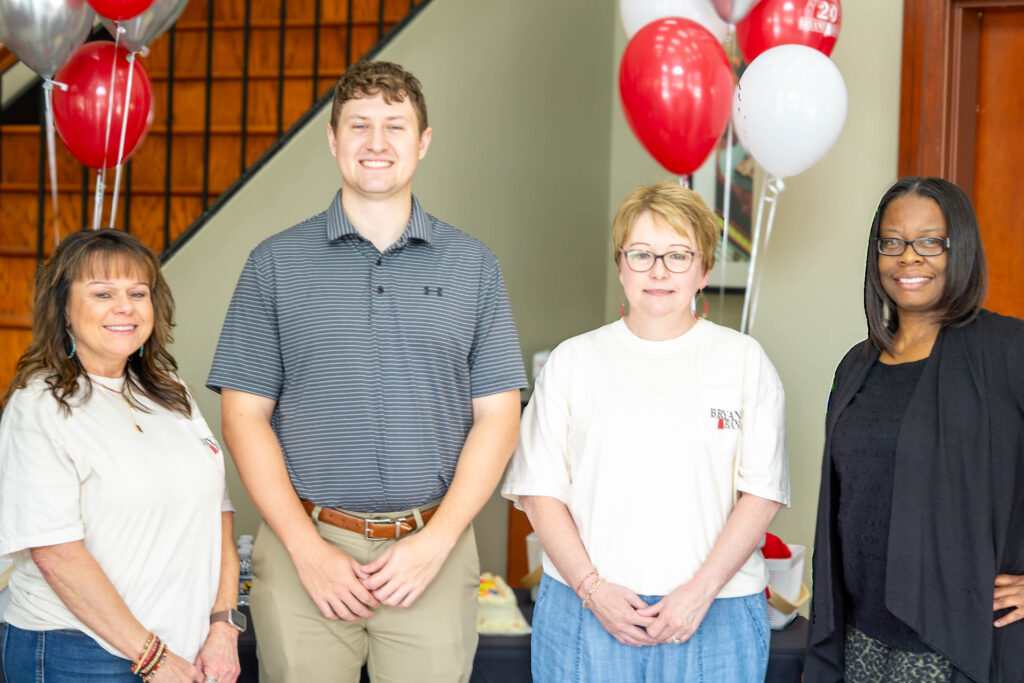Auburn researchers create revolutionary device delivering instant COVID-19 test results
Reading time: 4 minutes

In a world where information comes instantly with a click of a button, COVID-19 testing methods are catching up to the norm. Thanks to researchers at Auburn University, a brand-new device that delivers an instant COVID-19 test result has been developed.
What is it?

The Auburn University Samuel Ginn College of Engineering team released that they have created an electronic device based on two-dimensional materials that are modified with antibodies. Once the virus spike protein interacts with the antibody inside the testing device, it impacts the electronic properties of the atomically-thin monolayer 2D material.
In a nutshell, this is revolutionary because the device can sense the presence of the COVID-19 virus spike protein almost as soon as the sample hits the chip—these proteins are what penetrate the host cell and cause infection.
“As soon as the lab technician puts the sample drop on the transistor surface, the device responds, and the result is evident.”
Masoud Mahjouri-Samani, Assistant Professor in Electrical and Computer Engineering, Auburn University
The antigen tests that are currently used for the rapid on-the-spot screening tests deliver results within tens of minutes. However, these types of tests are most accurate when the viral load is at its highest. The newly developed electronic sensors on the machine created by Auburn researchers enables a much faster detection of samples with much lower viral load.
This means the machine will detect even the smallest amount of the virus protein in your body, an amount that could potentially be missed by current rapid antigen tests.
These results show promise in combining science and engineering to solve many of our medical conundrums.
Why is it important?

Although the device tells you if you have COVID-19 just like any other test, the speed at which it gives results would be the fastest of the currently available methods. Early detection is vital, especially with the recent rise in hospitalizations given the high infection rate of the Delta variant.
The device itself is as small as a microchip with the sample itself being larger than the chip. This gives it the advantage of being very compact and transferable.
What’s especially interesting is that the use of this device isn’t limited to COVID-19. It could potentially serve as a detector for many other viruses in the future.
“One of the great advantages of the device is that it’s extremely portable, and you can develop arrays of devices with a variety of functionalizations for testing.”
Michael C. Hamilton, Electrical and Computer Engineering Professor, Auburn University
Although this project will need to go through further trials and approvals before it can be accessible to the public, it’s an exciting new prospect when looking at convenient methods for disease testing.
The researchers behind it

The project was spearheaded by Assistant Professor at Auburn University, Mahjouri-Samani, along with Auburn University co-author Michael C. Hamilton—professor in electrical and computer engineering and director of the Alabama Micro/Nano Science and Technology Center. Their research was published by the American Chemical Society ACS NANO, a recognized leader in publishing nanoscience and nanotechnology research.
Other authors involved in the project:
- Marcel A. Kuroda, Associate Professor in Physics, Auburn University
- Parvin Fathi-Hafshejani, first author and graduate student in electrical and computer engineering, Auburn University
- Nurul Azam, graduate student in electrical and computer engineering, Auburn University
- Lu Wang, graduate student in physics, Auburn University
- Sahar Hasim, Assistant Professor in Biology, Mercer University
“In the middle of a pandemic, everybody is desperate and looking for some solutions. How could we, as researchers at Auburn University, help…we put our minds together and asked, ‘What could we develop to solve a problem and more quickly provide peace of mind to people and improve quality of life in an affordable fashion?’”
Masoud Mahjouri-Samani, Assistant Professor in Electrical and Computer Engineering, Auburn University







